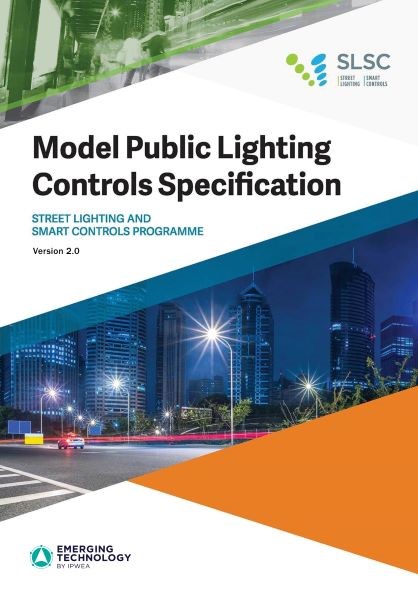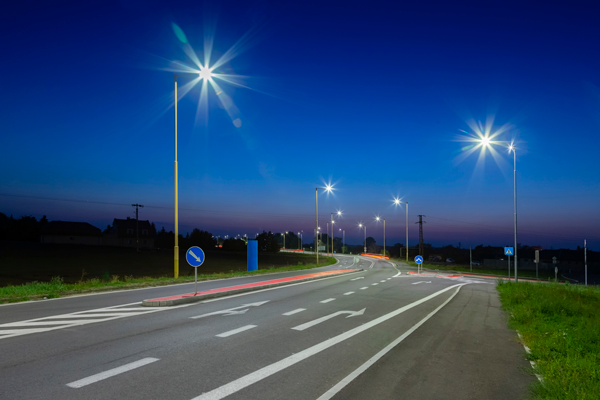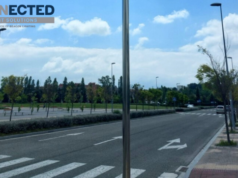More than 30 million smart street lighting controls are now deployed around the world making this one of the world’s leading smart city technologies. If well delivered, smart controls can help lighting owners more efficiently manage these assets by:

- tailoring lighting levels to the requirements of each location
- saving additional energy through dimming, trimming and enabling constant light output settings
- measuring energy consumption
- reducing environmental impacts
- monitoring performance
- optimising maintenance
- providing a robust communications network to support other smart city devices
The SLSC Program’s Model Public Lighting Controls Specification, now in its second edition, was developed in conjunction with key stakeholders. The objective of this model specification is to accelerate the adoption of smart controls in public lighting by bringing robustness and confidence to procurement processes. It has been used in some of the most important early smart street lighting controls tenders in Australia.
In New Zealand, an estimated 75% of the national street lighting network is either deployed with or committed to deployment of smart controls as LEDs are rolled out nationwide. In contrast, as few as 5% of Australian street lights have been deployed with smart street lighting controls and much of this has been on customer-owned lighting portfolios. However, things look set to change in Australia with interest rapidly growing in this technology.
The Australian Energy Market Commission is currently consulting on changes to metering rules in the National Electricity Market that would recognise the metering capabilities of smart street lighting controls (see related article). It is therefore appropriate that IPWEA reviews this model specification as interest in the technology grows rapidly.
This current model specification and Excel-based returnable schedules are available here. If you would like to make any comments about areas for improvement, please use the form below. Comments are due by Thursday 21 September 2023.
Submit your feedback here.














